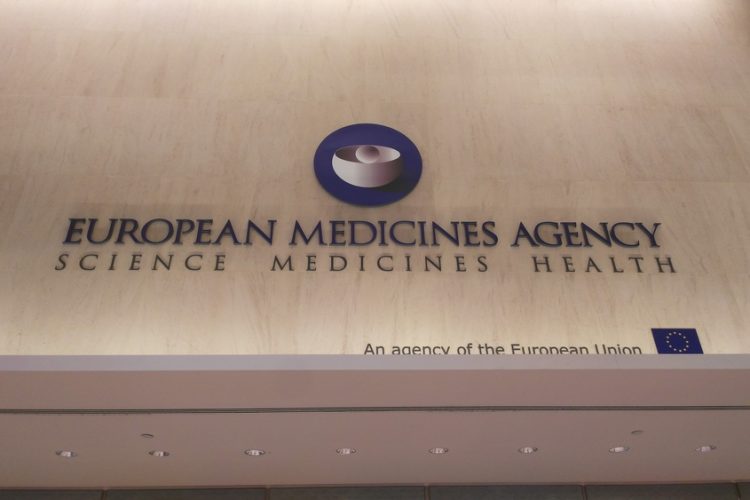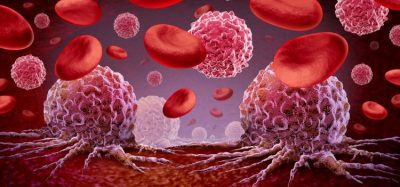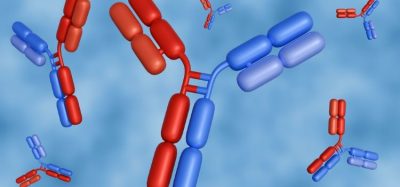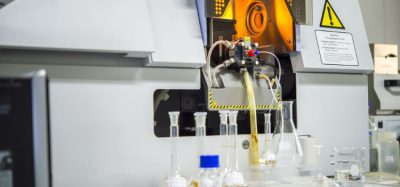EMA to monitor real world use of COVID-19 treatments and vaccines
Posted: 23 July 2020 | Victoria Rees (European Pharmaceutical Review) | No comments yet
The EMA has built up an infrastructure to allow for the monitoring of COVID-19 treatments and vaccines used in clinical practice.


The European Medicines Agency (EMA) has set up an infrastructure to support the monitoring of the efficacy and safety of COVID-19 treatments and vaccines used in day-to-day clinical practice.
According to the EMA, this is underpinned by three contracts for observational research that the agency has signed with academic and private partners over recent months, to be ready to effectively monitor vaccines in the real world as soon as they are authorised and support the safe and effective use of COVID-19 vaccines and medicines.
The latest contract was finalised in mid-July with Utrecht University and the University Medical Center Utrecht as co-ordinators of the CONSIGN project (‘COVID-19 infectiOn aNd medicineS In preGNancy’). This project will collect data on the impact of COVID-19 in pregnancy in order to guide decision-making about vaccine indications, policies and treatment options for COVID-19 in pregnant women. CONSIGN will analyse existing data sources and cohorts of pregnant women to provide information on the effect of infection and its treatments in different trimesters of pregnancy and on neonates.
In June, the EMA contracted the company IQVIA with a project to build a framework for the conduct of multicentre cohort studies on the use of medicines in COVID-19 patients. This project will include the identification of large national cohorts of COVID-19 patients and appropriate comparator groups, the development of a study protocol template for multinational studies as well as the establishment of a collaborative framework for researchers.
In May, the EMA commissioned the ACCESS project (‘vACcine Covid-19 monitoring readinESS’) for preparatory research into data sources and methods that can be used to monitor the safety, effectiveness and coverage of COVID-19 vaccines in clinical practice, once authorised.
According to the agency, research using epidemiological methods on real-world data will provide additional information from clinical practice to complement data collected pre-authorisation through clinical trials and post-authorisation through the EU’s regular safety-monitoring activities.
The outcome of the various projects conducted on observational research will be fed into the work of the EMA’s COVID-19 pandemic Task Force (COVID-ETF) and its scientific committees, to ensure that this evidence is translated into scientific opinions on the optimal use of the medicines and vaccines concerned.
Related topics
Drug Safety, QA/QC, Research & Development (R&D), Therapeutics, Vaccines
Related organisations
EMA COVID-19 pandemic Task Force (COVID-ETF), European Medicines Agency (EMA), IQVIA, University Medical Center Utrecht, Utrecht University









